How to improve the environment in North East Somerset and Hanham
Last updated: 21 Oct 2025
« Change locationFriends of the Earth has produced this unique resource for everyone who’s actively engaged in making their community a better place, from campaigners to MPs. It features a range of recent data on some of the key environmental issues impacting people in North East Somerset and Hanham, as well as identifying actions your MP could take to improve your area.
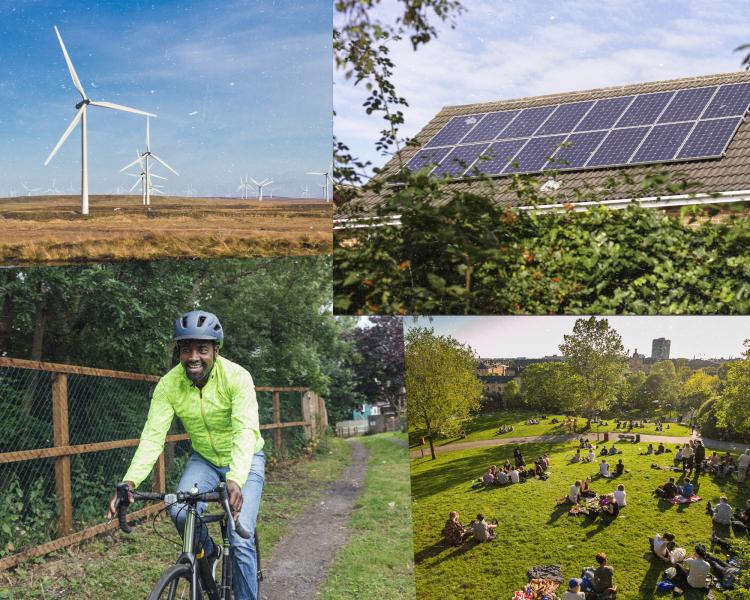
What do people in North East Somerset and Hanham think about the environment?
Climate and energy
Extreme weather caused by climate change is already impacting people here in the UK and overseas, particularly marginalised communities such as disabled people and those on low incomes. It’s also harming nature. So reducing carbon emissions to stop these extreme weather events getting much worse is essential. The good news is that in doing so, we can also make people’s lives better.
Warmer homes
Cold, poorly insulated homes drive up energy bills and carbon emissions. They’re associated with both physical and mental health conditions, and they’re also more likely to overheat in the summer.
In North East Somerset and Hanham, 26% of climate emissions are from homes. 54% of homes are rated EPC D or below (compared with the average across England and Wales of 53%), meaning these houses are particularly bad at retaining heat. That’s 21,219 households with unnecessarily high energy bills. 8% of households are in fuel poverty according to government data, although this is likely to be an underestimate. Insulating these homes will reduce energy bills and carbon emissions. It will also improve people’s health and lower costs for the NHS.
Cleaner air
In North East Somerset and Hanham, transport accounts for 45% of climate emissions. Transport also causes air pollution, which is the largest environmental risk to public health in the UK, contributing to up to 43,000 deaths every year.
In North East Somerset and Hanham, 100% of neighbourhoods have air pollution above levels recommended by the World Health Organization. And 9% of the population suffers from the respiratory diseases asthma and/or chronic obstructive pulmonary disease, which are made worse by air pollution.
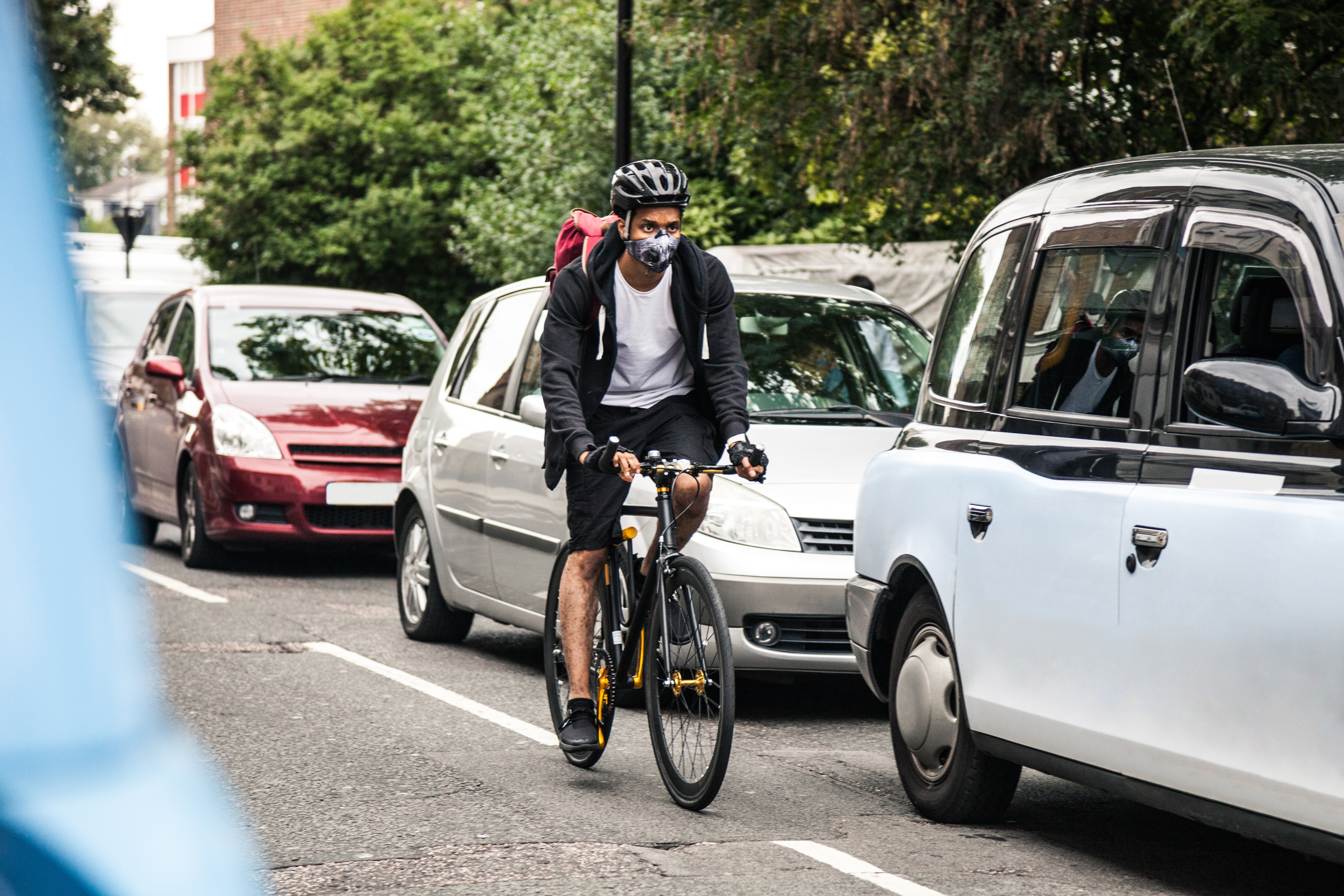
Better bus services can reduce the need to drive and lower air pollution. But analysis of timetable data by the University of Leeds has shown that bus services declined significantly everywhere except London between 2010 and 2023. In North East Somerset and Hanham, services declined by 62%. A decent bus service means the 12% of households without a car in North East Somerset and Hanham would be better able to access jobs, essential services and social networks.
A rapid switch to electric cars will also reduce air pollution. There need to be enough public chargers for this, and these must be affordable and accessible for disabled drivers. In North East Somerset and Hanham, there are currently 51 public chargers, whereas 420 are needed by 2030.
More cycling and walking can also reduce air pollution. An analysis has shown that 22% of commuter journeys in North East Somerset and Hanham could be made by bike, as long as there’s decent cycling infrastructure and increased use of e-bikes. Currently only 2% of commuters in North East Somerset and Hanham cycle to work.
Cheaper energy
Energy bills have skyrocketed over recent years as the price of gas soared after the invasion of Ukraine. Developing more renewable energy more quickly can reduce bills and increase energy security. Friends of the Earth has mapped the sites most suitable for onshore wind and solar.
What should the UK government do to improve on climate and energy?
The government is already:
- Requiring landlords to improve insulation standards in social and private-rented homes.
- Increasing the money available for insulating low-income owner-occupier homes, although more money is still needed.
- Encouraging local authorities to improve bus services by regulating them, although more money is also needed here.
The government needs to:
- Ensure its new climate plan details how the UK will meet national and international climate targets. Fairness needs to be central to this plan so that everyone benefits and the costs don’t fall disproportionately on those with low incomes.
- Invest more in housing retrofit programmes, targeting financial support to low-income households to enable them to fit insulation and heat pumps. 77% of voters across the political spectrum agree government should support low-income homeowners to insulate their homes. Government should also introduce a social tariff (ie cheaper energy) for those with the lowest incomes so they can better afford to keep warm in winter.
- Speed up the roll-out of electric vehicle chargers and ensure they’re affordable and accessible to disabled drivers. It should also invest in bus services as well as cycling and walking routes, especially for those without a car. 80% of voters across the political spectrum support increased bus services.
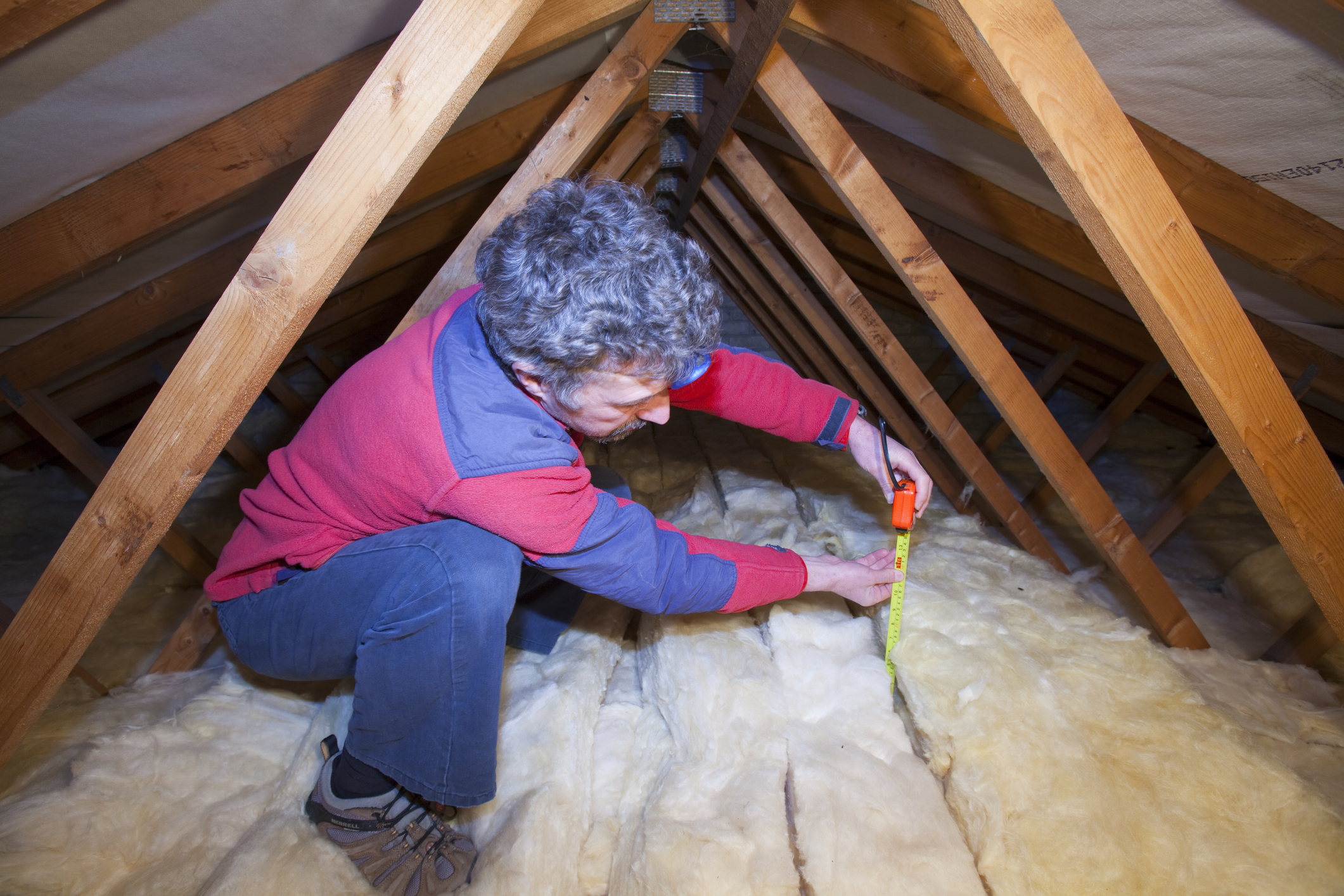
What should other political parties do?
- Support the UK’s national and international climate targets – not only to tackle harmful climate impacts, but also to deliver the economic and social benefits of climate action.
- Press the government to ensure that its forthcoming climate plan benefits everyone, including those on low incomes, and that the costs fall on those who can most afford to pay, for example fossil fuel companies and wealthy frequent flyers.
Climate and energy
Extreme weather caused by climate change is already impacting people here in the UK and overseas, particularly marginalised communities such as disabled people and those on low incomes. It’s also harming nature. So reducing carbon emissions to stop these extreme weather events getting much worse is essential. The good news is that in doing so, we can also make people’s lives better.
Warmer homes
Cold, poorly insulated homes drive up energy bills and carbon emissions. They’re associated with both physical and mental health conditions, and they’re also more likely to overheat in the summer.
In North East Somerset and Hanham, 26% of climate emissions are from homes. 54% of homes are rated EPC D or below (compared with the average across England and Wales of 53%), meaning these houses are particularly bad at retaining heat. That’s 21,219 households with unnecessarily high energy bills. 8% of households are in fuel poverty according to government data, although this is likely to be an underestimate. Insulating these homes will reduce energy bills and carbon emissions. It will also improve people’s health and lower costs for the NHS.
Cleaner air
In North East Somerset and Hanham, transport accounts for 45% of climate emissions. Transport also causes air pollution, which is the largest environmental risk to public health in the UK, contributing to up to 43,000 deaths every year.
In North East Somerset and Hanham, 19% of neighbourhoods have nitrogen dioxide (NO2) levels above that recommended by the World Health Organization (WHO), while 100% have particulate matter (PM2.5) levels above WHO’s recommendation.
In North East Somerset and Hanham, 100% of neighbourhoods have particulate matter (PM2.5) levels above that recommended by the World Health Organization (WHO).

Better bus services can reduce the need to drive and lower air pollution. But analysis of timetable data by the University of Leeds has shown that bus services declined significantly everywhere except London between 2010 and 2023. In North East Somerset and Hanham, services declined by 62%. A decent bus service means the 12% of households without a car in North East Somerset and Hanham would be better able to access jobs, essential services and social networks.
A rapid switch to electric cars will also reduce air pollution. There need to be enough public chargers for this, and these must be affordable and accessible for disabled drivers. In North East Somerset and Hanham, there are currently 51 public chargers, whereas 420 are needed by 2030.
More cycling and walking can also reduce air pollution. An analysis has shown that 22% of commuter journeys in North East Somerset and Hanham could be made by bike, as long as there’s decent cycling infrastructure and increased use of e-bikes. Currently only 2% of commuters in North East Somerset and Hanham cycle to work.
Cheaper energy
Energy bills have skyrocketed over recent years as the price of gas soared after the invasion of Ukraine. Developing more renewable energy more quickly can reduce bills and increase energy security.
What should the UK government do to improve on climate and energy?
The government is already:
- Requiring landlords to improve insulation standards in social and private-rented homes.
- Increasing the money available for insulating low-income owner-occupier homes, although more money is still needed.
- Encouraging local authorities to improve bus services by regulating them, although more money is also needed here.
The government needs to:
- Ensure its new climate plan details how the UK will meet national and international climate targets. Fairness needs to be central to this plan so that everyone benefits and the costs don’t fall disproportionately on those with low incomes.
- Invest more in housing retrofit programmes, targeting financial support to low-income households to enable them to fit insulation and heat pumps. 77% of voters across the political spectrum agree government should support low-income homeowners to insulate their homes. Government should also introduce a social tariff (ie cheaper energy) for those with the lowest incomes so they can better afford to keep warm in winter.
- Speed up the roll-out of electric vehicle chargers and ensure they’re affordable and accessible to disabled drivers. It should also invest in bus services as well as cycling and walking routes, especially for those without a car. 80% of voters across the political spectrum support increased bus services.

What should other political parties do?
- Support the UK’s national and international climate targets – not only to tackle harmful climate impacts, but also to deliver the economic and social benefits of climate action.
- Press the government to ensure that its forthcoming climate plan benefits everyone, including those on low incomes, and that the costs fall on those who can most afford to pay, for example fossil fuel companies and wealthy frequent flyers.
Nature
The UK is one of the most nature-depleted countries in the world. And alongside our precious wildlife and habitats, people of colour and people living in urban areas are particularly affected. We know that access to nature is essential to our health and wellbeing. It can also provide some protection against climate impacts. So it’s crucial that we protect and restore nature.
Greener spaces
North East Somerset and Hanham has average access to green space compared with other constituencies, with 47 m2 of green space per person.
In North East Somerset and Hanham, 2,818 people are at risk of flooding from rivers and seas and 8,654 are at risk of flash flooding. Increasingly it’s recognised that turning to nature can help prevent floods, for example by restoring peatlands, planting trees and using green spaces to slow and store flood water.
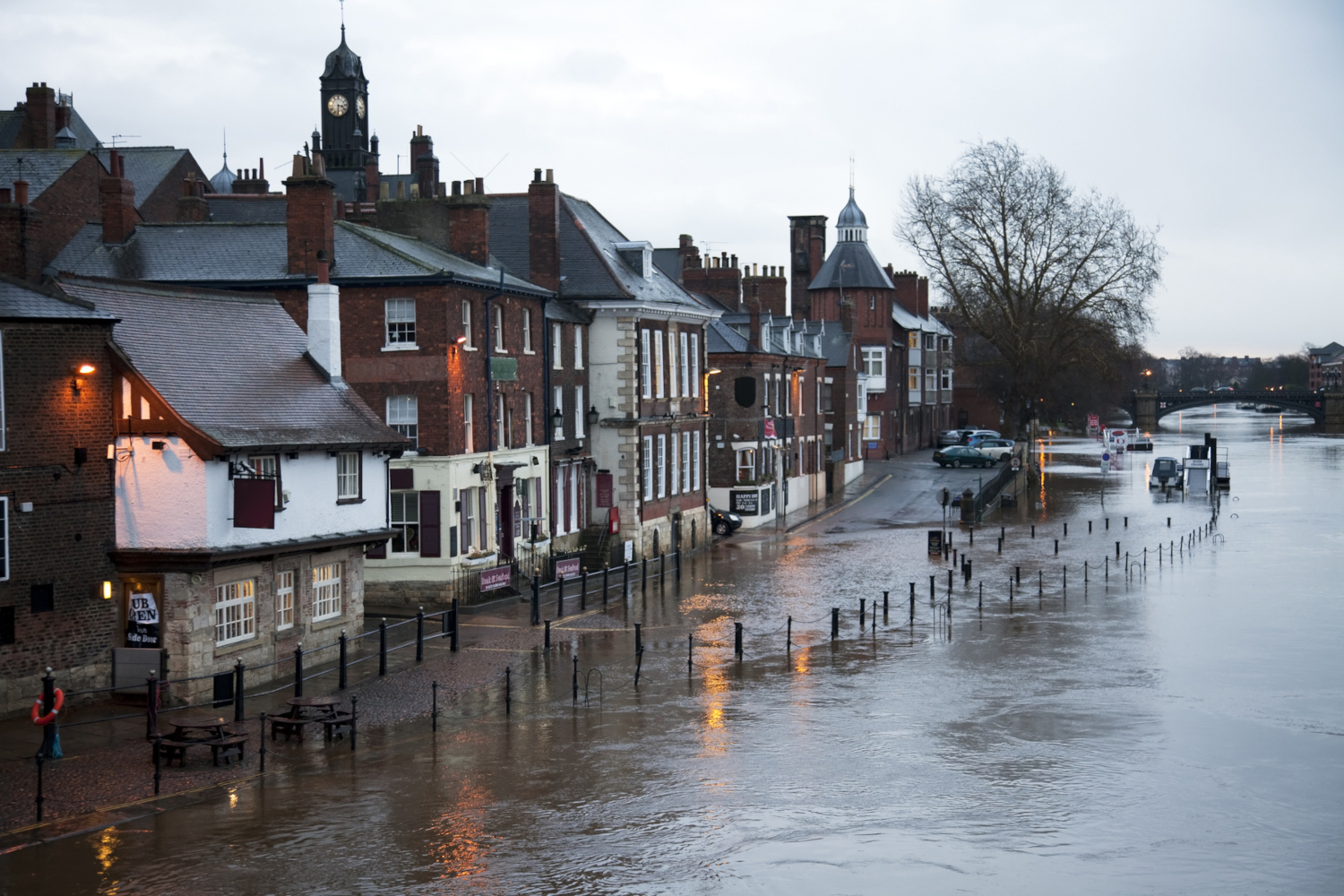
In North East Somerset and Hanham, 8,654 are at risk of flash flooding. Increasingly it’s recognised that turning to nature can help prevent floods, for example by restoring peatlands, planting trees and using green spaces to slow and store flood water.

In North East Somerset and Hanham, 8,654 are at risk of flash flooding. Increasingly it’s recognised that turning to nature can help prevent floods, for example by restoring peatlands, planting trees and using green spaces to slow and store flood water.

In North East Somerset and Hanham, the temperature reached 35.3°C during the record-breaking heatwave in 2022. Those most susceptible to extreme heat include babies, pregnant women, people in poor health and the elderly. Nature provides cooling during heatwaves, for example shade from tree cover. But 93% of neighbourhoods in North East Somerset and Hanham have less than 20% tree cover.
Cleaner water
Along with farm run-off, sewage is turning our rivers into dangerous environments for both people and wildlife. In England, only 14% of rivers are in good ecological condition. And in North East Somerset and Hanham, there are 42 storm overflows that spilled raw sewage 2,366 times for 23,668 hours in 2024. So restoring nature also means cleaning up our rivers.
What should the UK government do to improve on nature?
The government is already:
- Spending more on peatland restoration and tree planting than the previous government.
- Increasing the money available for flood defences.
- Requiring water companies to invest in reducing the amount of sewage entering our rivers.
- Continuing to fund farmers for nature-friendly farming.
But despite this, the government still needs to increase the funding and resources available for nature restoration. This includes the resources available to local authorities to increase green space where needed, ensure all areas of public green space are safe and well maintained, and plant trees in areas susceptible to high levels of heat.
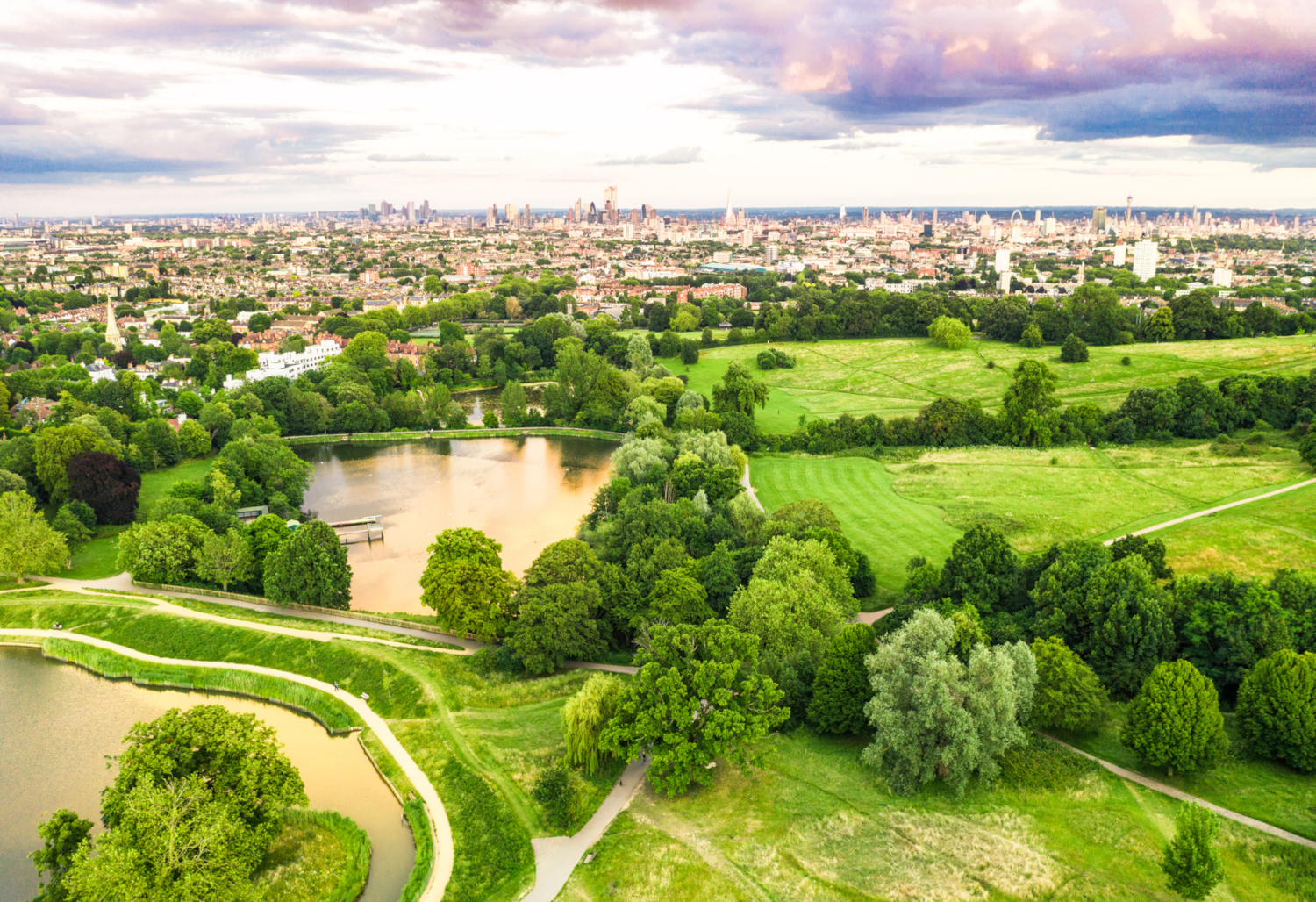
What should other political parties do?
- Commit to protecting and restoring nature, including through more money for local authorities and farmers.
- Press the government to update its national adaptation plan – which aims to protect people, nature, businesses and infrastructure from extreme weather events – and invest more in nature solutions.
Nature
The UK is one of the most nature-depleted countries in the world. And alongside our precious wildlife and habitats, people of colour and people living in urban areas are particularly affected. We know that access to nature is essential to our health and wellbeing. It can also provide some protection against climate impacts. So it’s crucial that we protect and restore nature.
Greener spaces
In North East Somerset and Hanham, people are at risk of flooding from rivers and seas and are at risk of flash flooding. Increasingly it’s recognised that turning to nature can help prevent floods, for example by restoring peatlands, planting trees and using green spaces to slow and store flood water.

Nature provides cooling during heatwaves, for example shade from tree cover. In North East Somerset and Hanham, the temperature reached 35.3°C during the record-breaking heatwave in 2022. Those most susceptible to extreme heat include babies, pregnant women, people in poor health and the elderly.
Cleaner water
Along with farm run-off, sewage is turning our rivers into dangerous environments for both people and wildlife. In Wales, only 44% of rivers are in good ecological condition. And in North East Somerset and Hanham, there are 42 storm overflows that spilled raw sewage 2,366 times for 23,668 hours in 2024. So restoring nature also means cleaning up our rivers.
What should the UK government do to improve on nature?
The government is already:
- Spending more on peatland restoration and tree planting than the previous government.
- Increasing the money available for flood defences.
- Requiring water companies to invest in reducing the amount of sewage entering our rivers.
- Continuing to fund farmers for nature-friendly farming.
But despite this, the government still needs to increase the funding and resources available for nature restoration. This includes the resources available to local authorities to increase green space where needed, ensure all areas of public green space are safe and well maintained, and plant trees in areas susceptible to high levels of heat.

What should other political parties do?
- Commit to protecting and restoring nature, including through more money for local authorities and farmers.
- Press the government to update its national adaptation plan – which aims to protect people, nature, businesses and infrastructure from extreme weather events – and invest more in nature solutions.
Jobs and the economy
The net-zero economy in the UK is fast outpacing growth in other sectors, growing at triple the rate of the rest of the economy. Jobs in the net-zero economy include renewable energy and energy storage, housing retrofit, low-carbon vehicles, climate adaptation and management of the natural environment. In 2024, there were 1,131 people working full-time in net-zero jobs in North East Somerset and Hanham.
What should the UK government do to improve on jobs and the economy?
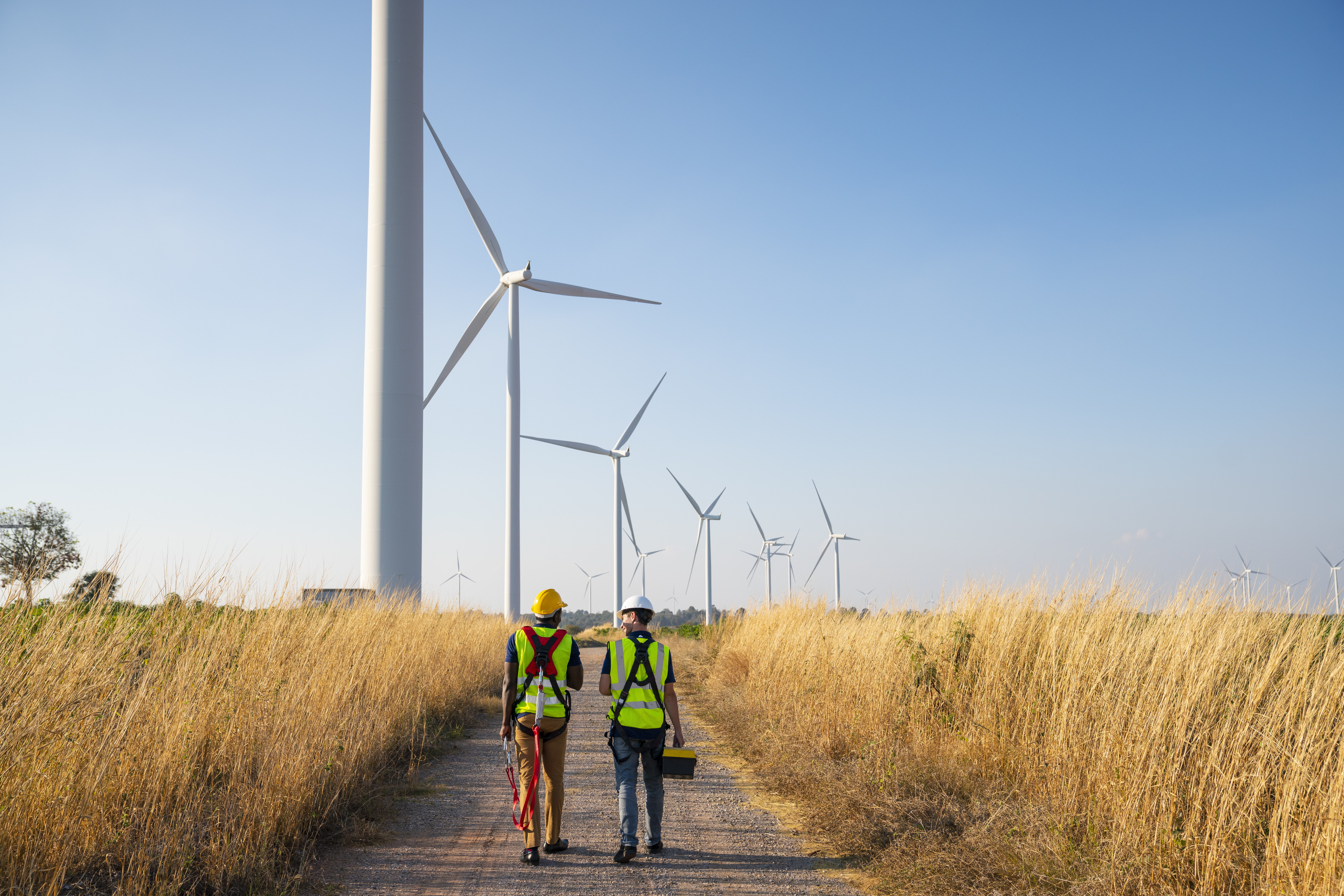
The government is already encouraging industries like offshore wind to increase the proportion of British-made components. It now needs to fund training for young people to develop skills in growing work areas such as housing retrofit, as well as support existing workers to retrain. 81% of voters across the political spectrum support expanding training and job opportunities for young people and workers in green industries.
What should other political parties do?
- Press the government to produce a just transition plan so that workers in changing industries are equipped to transition to new roles.
Funding climate and nature action
Current government investment in areas such as warmer homes, electric vehicles, buses and renewable energy is very welcome. But more is needed if climate and nature targets are to be met.
Friends of the Earth believes that it shouldn’t be ordinary people picking up the bill. Instead, it should be the companies and wealthy individuals that cause much of the pollution. And 78% of voters across the political spectrum agree.
What should the UK government do to raise the money needed?
The government needs to:
- Increase and extend taxes on fossil fuel companies.
- Introduce a frequent flyer levy for those who take lots of flights a year, while not penalising those who fly infrequently.
- Introduce additional taxes on the super-wealthy.
What should other political parties do?
- Press the government to introduce “polluter pays” taxes.
What to do with this data



